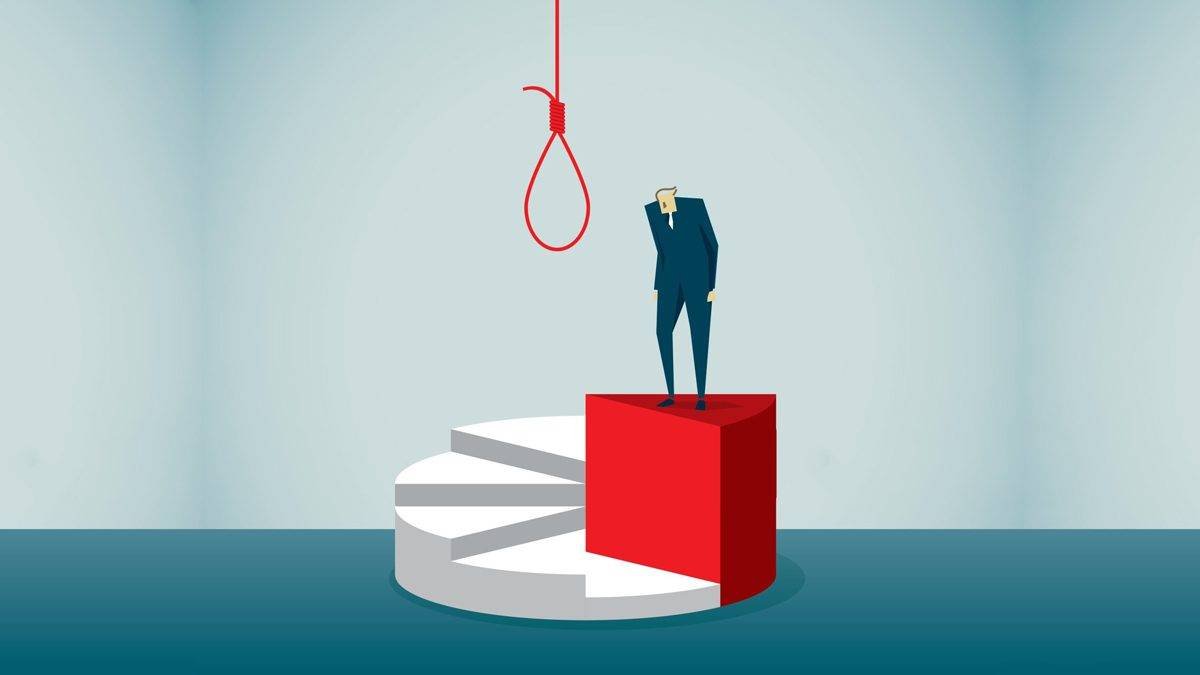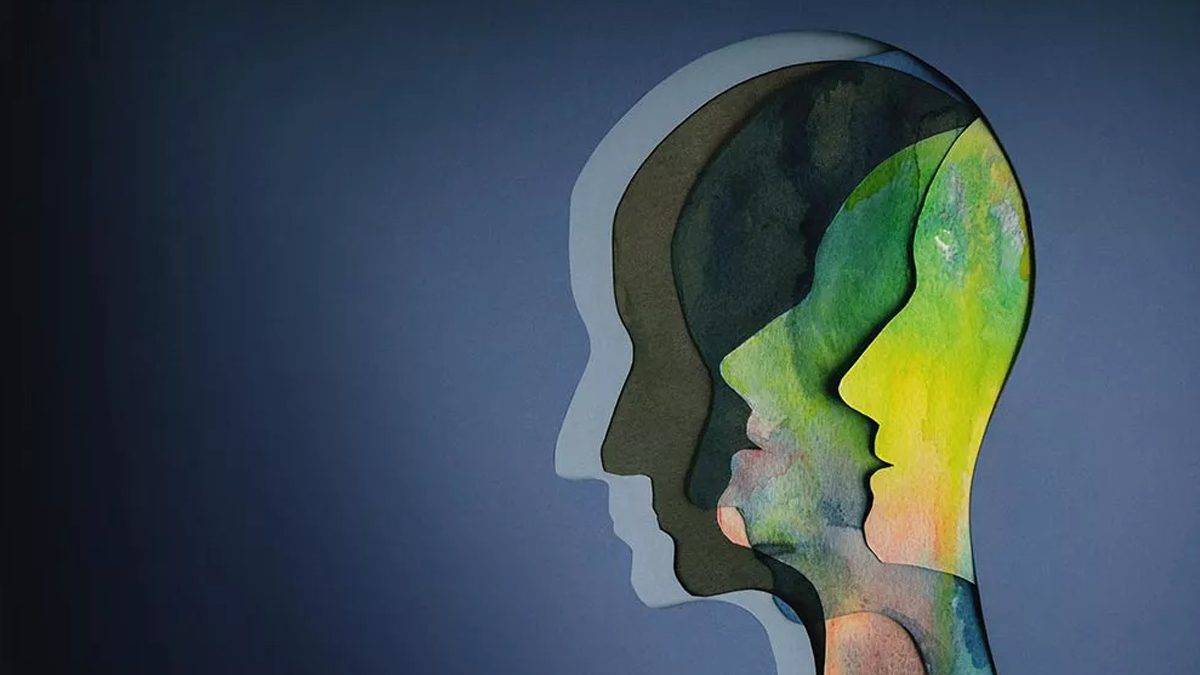Why Shame Can Both Help & Hurt Self-Control A recent blog post I wrote has been generating debate in the comments section: Does shame motivate self-control? And more specifically, can shame encourage people to lose weight? It’s quite a real debate in the field of psychology, and there’s evidence to support both sides. But a careful review of the seemingly[…]
Category Archives: Willing Ways Articles
Meditating Our Way Away From Addictions Addictions come in many different forms. We can all think of stories of people addicted to drugs and alcohol. One of my uncles struggled with alcohol. He was a very giving, loving person, but the years of drinking truly destroyed his life. His daily use of alcohol aged him and cut his life short. Before[…]
You Can Beat Anxiety Without Popping a Pill We are a society obsessed with quick fixes. It’s natural to want to feel better and less anxious but an increasing number of people are seeking escape in the form of a pill. To be clear – I believe that medicine can play a role in the[…]
Choose Between Resentment And Healing; You Can’t Do Both Recovery from relationships that have suffered chronic resentment is long, complex and fraught with setbacks, whether the couple breaks up or tries to repair the damage done to the union. Unlike anger, which is stimulated by discreet incidents or thoughts, chronic resentment is a general ego defense[…]
How Eating Well Can Increase Performance & Happiness The question of what can make a healthy commitment to something like a sport turn into an unhealthy obsession – and what can reverse this transition and turn obsession back into health and happiness – is addressed by an article I came across recently. Here the personal trainer Gillian Mounsey describes the time[…]
New Study Finds Many College Students Are Addicted to The Internet Imagine what it would be like not to have access to the Internet or your cell phone for 24 hours. To me the idea sounds wonderful; for many college students, however, such an idea sounds perverse. According to a University of Maryland study released last year,[…]
Self-destructive behaviors are actions that harm one’s physical, emotional, or mental well-being. Despite being harmful, these behaviors can often feel habitual or even comforting to those who engage in them. But why do people engage in self-destructive behaviors? And is it possible to truly love yourself while continuing these harmful patterns? Let’s explore these questions[…]
Why We Need Mindful Leaders Most leadership books and training programs focus on how leaders can achieve more—do more, better, faster, with spectacular results. We’ve become obsessed with continuous improvement at increasing speed, with resulting rising stress levels to leaders and their followers and deteriorating relationships. Mindfulness as both a leadership practice and workplace culture holds the promise to bring back balance and[…]
Do Symptoms of Personality Disorders Change Over Time? Personality disorders involve long-term, problematic behaviors that typically are first exhibited during adolescence and cause marked distress and impairment. The very definition of personality disorders as “chronic maladaptive patterns of behavior” implies that symptoms are stable over time; however, recent studies indicate that symptoms improve and may even completely remit[…]
A Surprising Treatment For Chronic Pain I have a small cohort of patients who suffer chronic pain so intense and unremitting it prevents them from living normally. They often don’t work, shop, go to restaurants or movies, leave their homes or sometimes even their beds except to visit doctors, or have meaningful relationships outside their immediate family,[…]










